The failed Greek invasion of Anatolia that led to the Greek-Turkish population exchange and saw more than 1.5 million refugees pour into Greece, was a catastrophe.
Musically, though, it was a boon. The participation of an influx of trained, professional musicians into Athens and Thessaloniki continued the development of Smyrneika music, buttressed Piraeus-style rebetiko, and helped launch bouzouki-driven urban music into the Greek mainstream.
Giorgos Manisalis, although only a child when he arrived in Greece, as a bouzouki player, singer and composer, had a significant impact on the Athenian music and recording scene.
His father, Dimitris Ladopoulos, was a famous violinist, who played with rebetiko and Smyrneika bands in Athens, which gave young Manisalis an entree into the musical world. In 1937, at age 12, Roza Eskanezai gave him his first bouzouki. By the time of the German occupation of Athens, he had begun performing in taverns and in 1946, he recorded When he smokes, don’t talk, with composer Giorgos Mitsakis. A year later, he recorded his first composition and he began a 10-year stint as first bouzouki player in Vasilis Tsitsanis’s band.
His career lasted into the 1970s. He reportedly wrote more than 400 songs, appeared on hundreds of recordings as a singer and bouzouki player, and was involved in the music, on-screen and off-, for more than 40 films.
When he smokes, don’t talk is one of the late rebetiko hashish songs, recorded in the brief window when the government wasn’t cracking down on rebetiko lyrics. A rough translation:
When the guy smokes weed,
you shouldn’t talk.
…
Listen to what the baglamas is playing,
and step on the clay (light the hookah) for us.
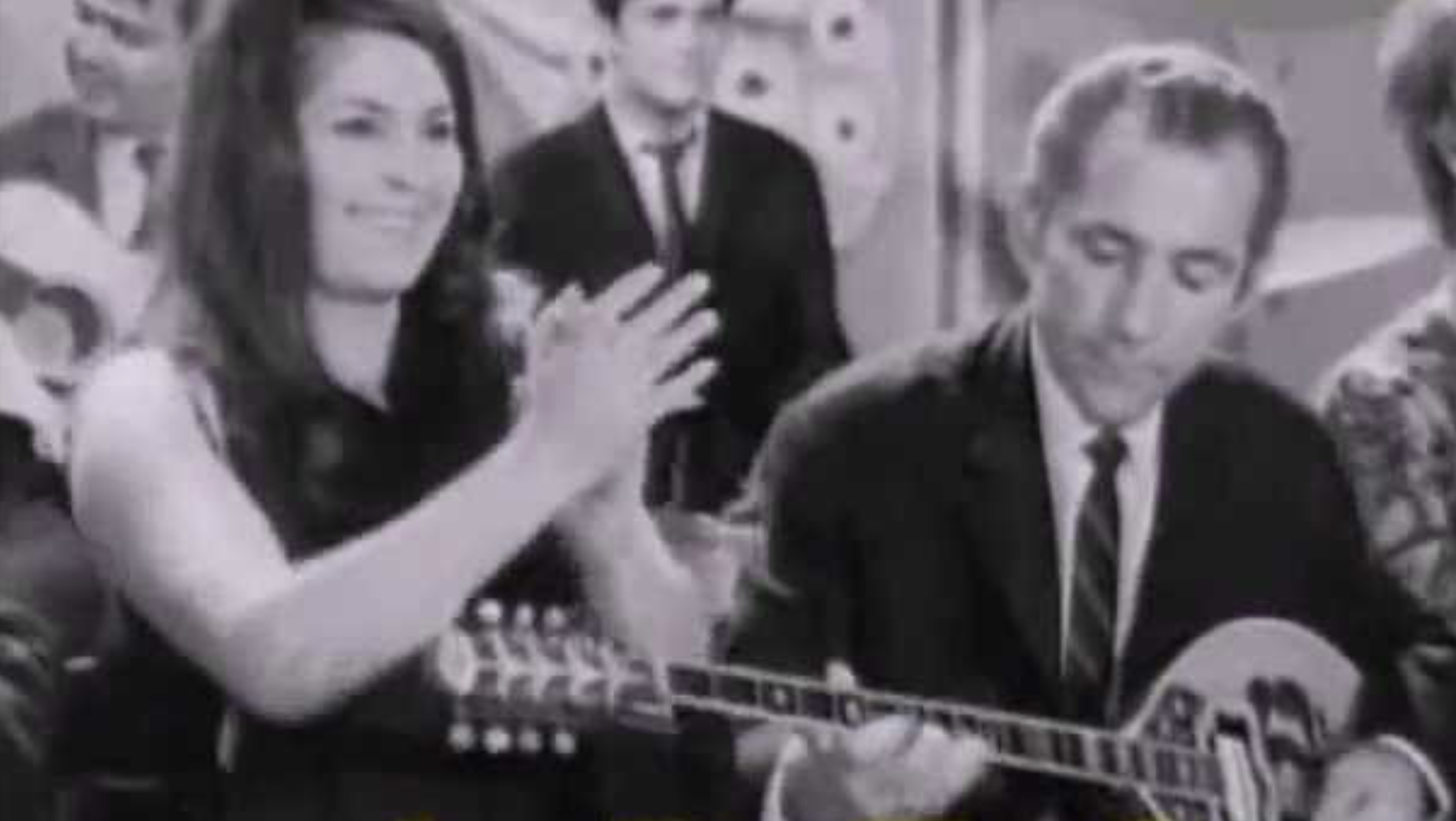
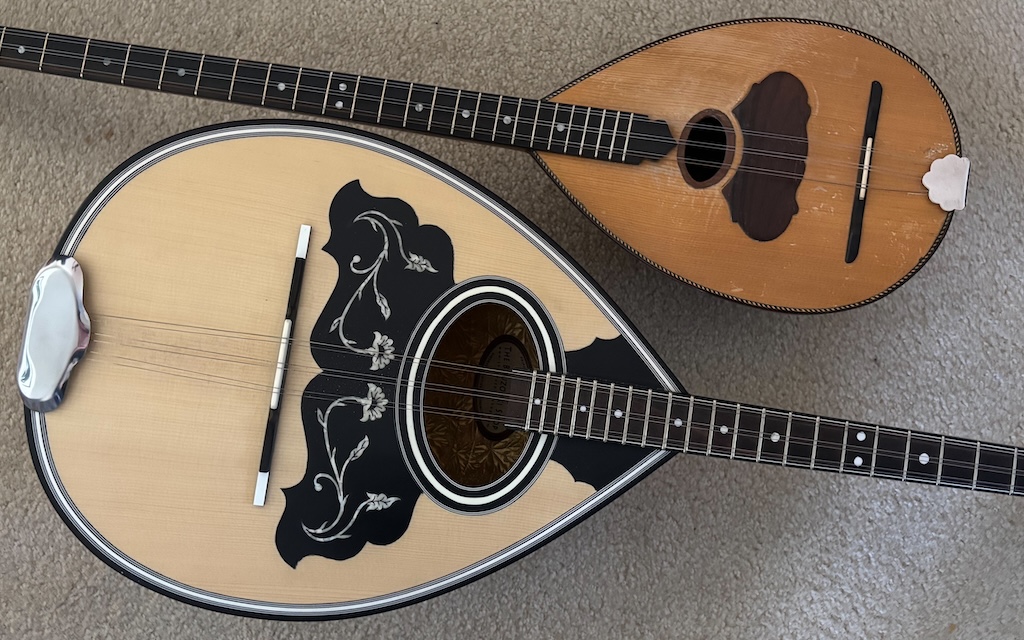
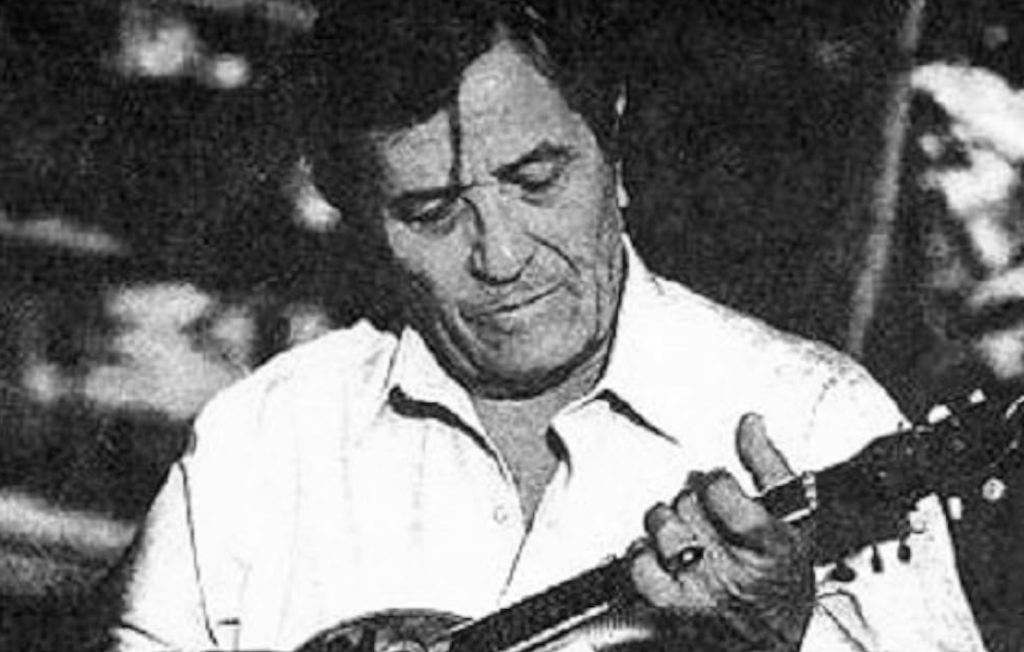
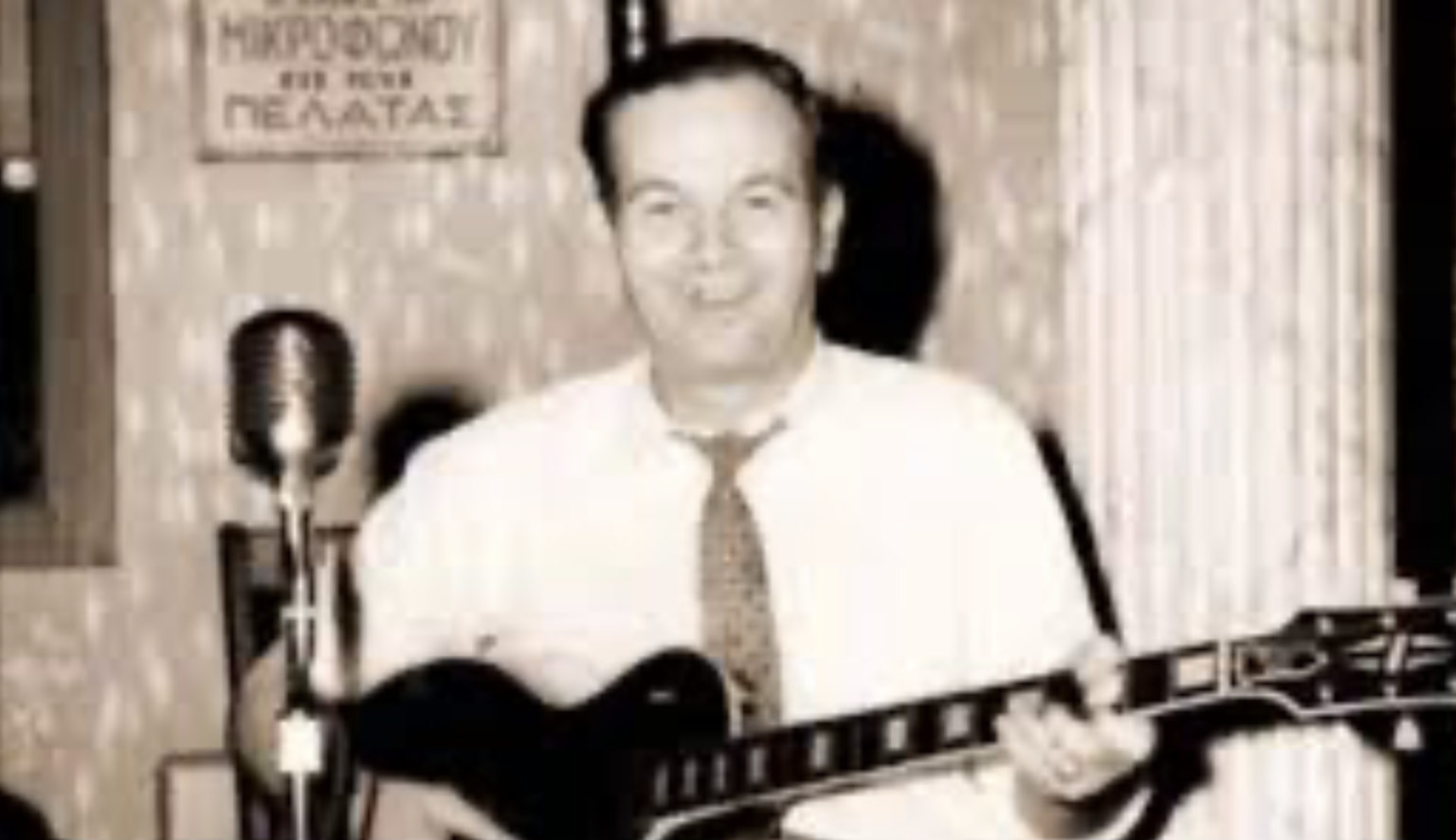
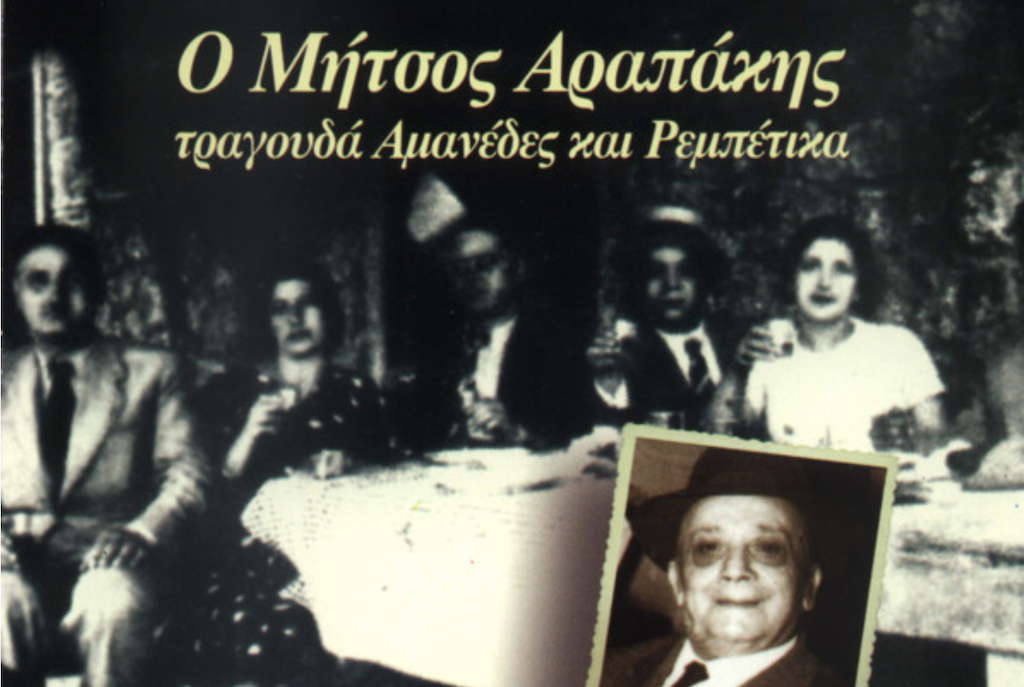
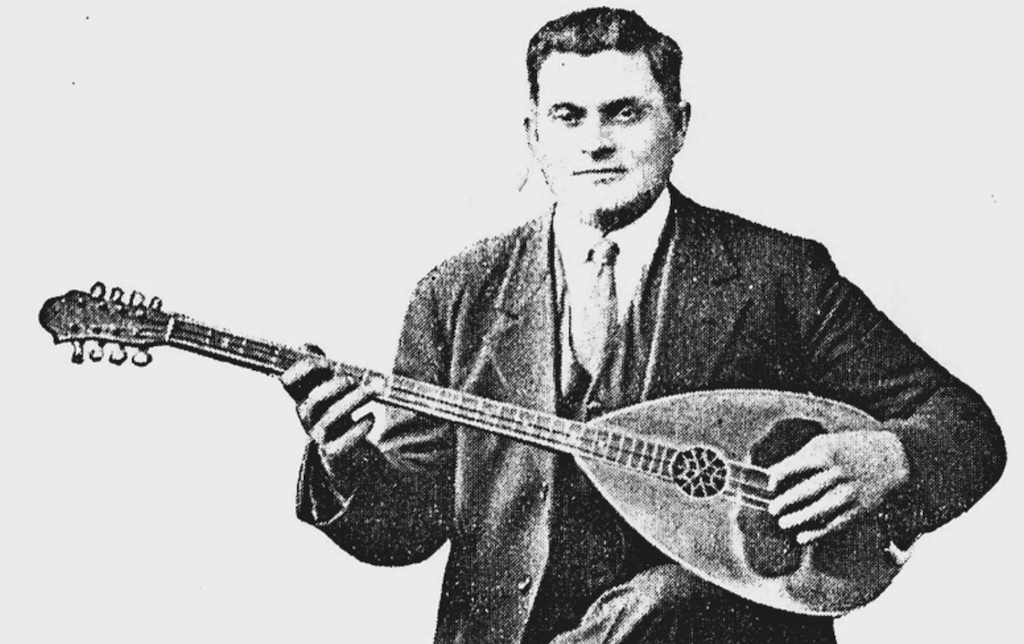
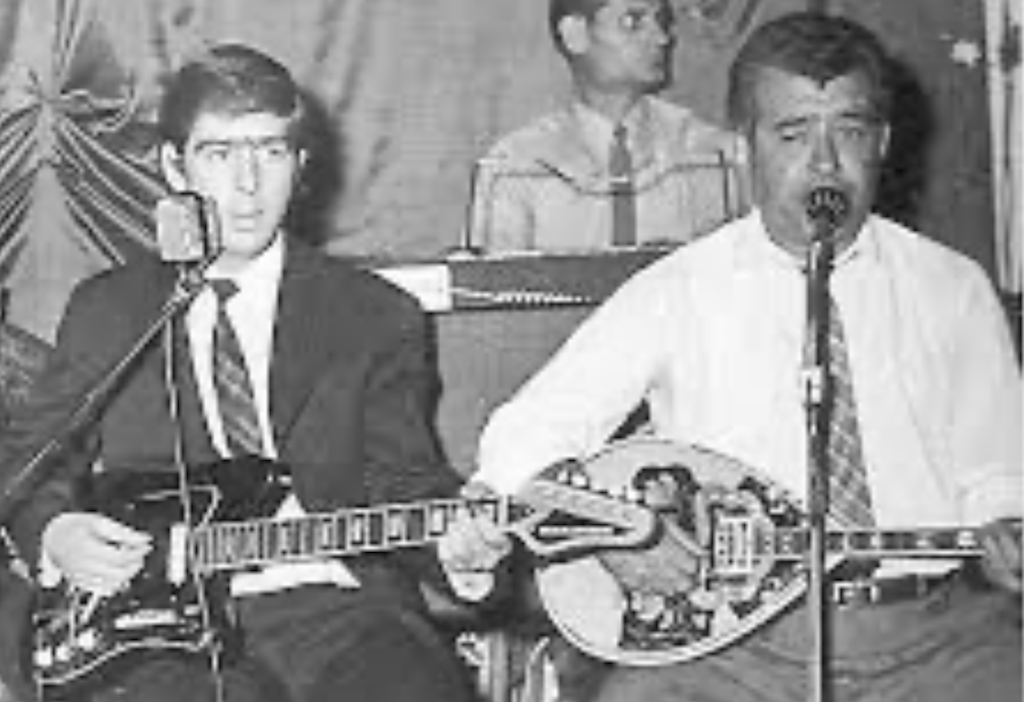
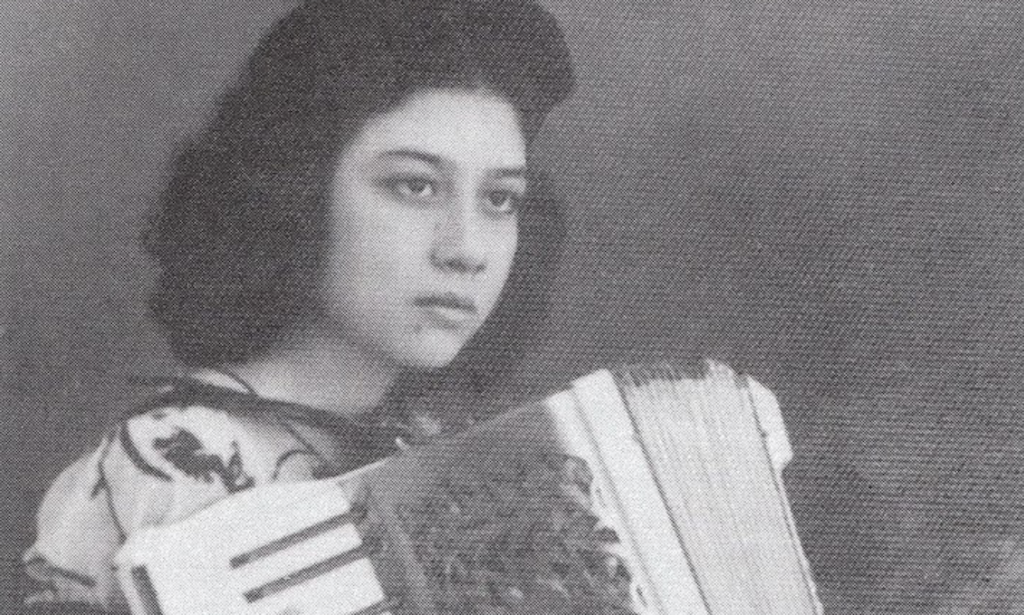
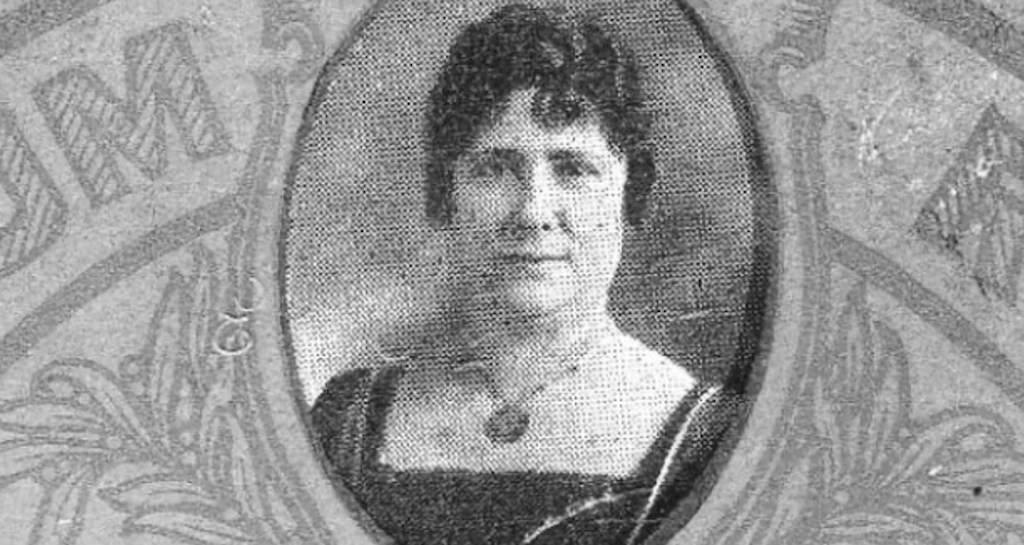

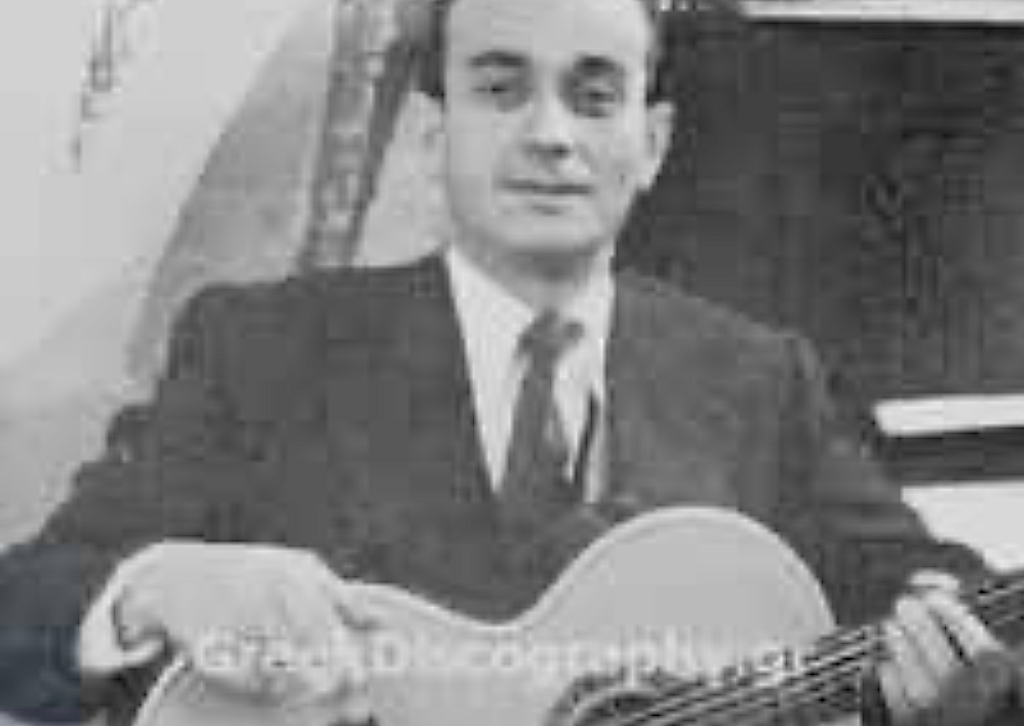
Leave a Reply